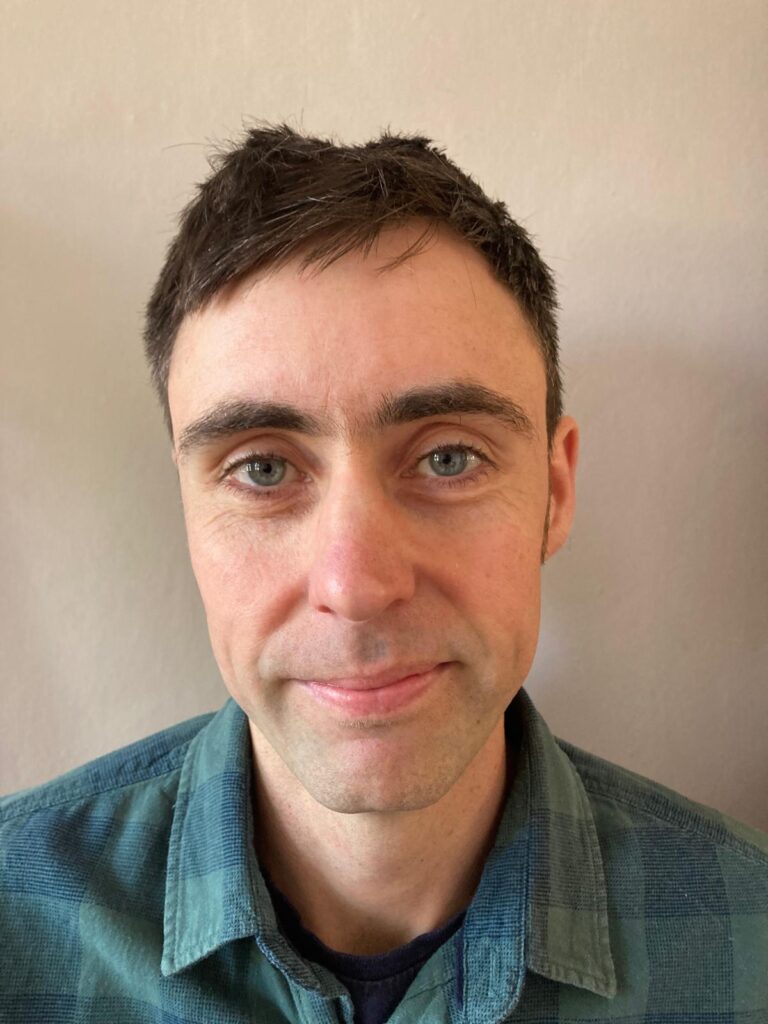
My history and expertise have tended to be in supporting people living with the impact of past life events. That might be an obvious ‘big T’ trauma (usually where someone has feared for their own or someone else’s life/safety) or the sometimes less obvious but also affecting, ‘little t’ trauma of everyday needs going unmet. I support people with depression, anxiety, low self esteem, phobias, anger issues, as well as problems in relationships and work.
I am particularly interested in understanding and breaking life patterns that are holding people back. My preferred mode of work is schema-focused. I like it because it understands that most of the behaviours we might see as bad or unhelpful have often been necessary for us in some way or at some point. So we don’t judge them, we work to understand them and the parts of us that still feel they’re necessary. Then, as those parts feel more and more able, we work to let go of them and find alternative strategies for dealing with life stresses. I’m also trained in other therapy modes and care less about the name of the therapy than being responsive and attuned to the person I’m working with.
I am a Registered Forensic Psychologist, with a Masters in Forensic Psychology. I am a Chartered Member of the British Psychological Society having completed their Qualification in Forensic Psychology.
A Forensic Psychologist normally offers help to people in the criminal justice system. This sometimes includes assessing what risks and needs they have that might relate to crimes, as well as offering therapy or advice to deal with those needs and help people to live a fulfilling life that does not victimise others. A lot of the things that get in the way of a good life for people who have offended are similar to the issues facing the rest of us. This might include mental health needs like depression, anxiety or anger problems. It might include unhelpful life patterns in relationships, work or motivation. It might include upsetting memories that people struggle to leave in the past.
So, for the past 4-5 years I have worked more and more with people who have never come into contact with the criminal justice system, but who have all experienced some of the things mentioned above. A lot of the time people I have supported have been in hospitals, and their therapy needs are also pretty universal – to be heard, understood, accepted and supported.
I normally work individually, and we would look at first creating a formulation or blueprint of what has led to the current situation. We would then work together to find what you need to break that pattern, and meet your needs in a more fulfilling way.
If that sounds like something you would find helpful, I look forward to working together.
